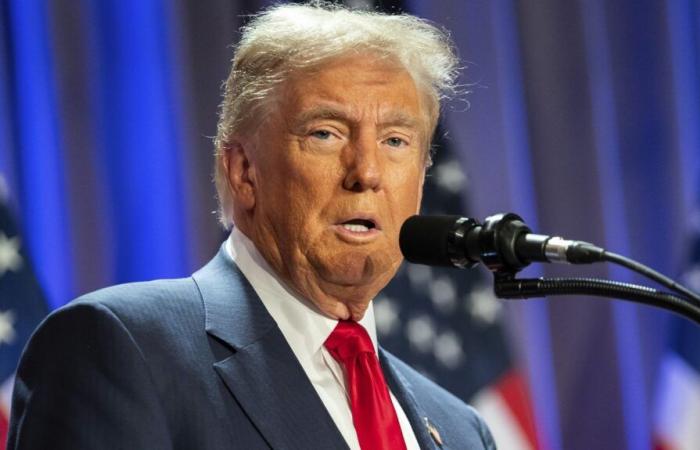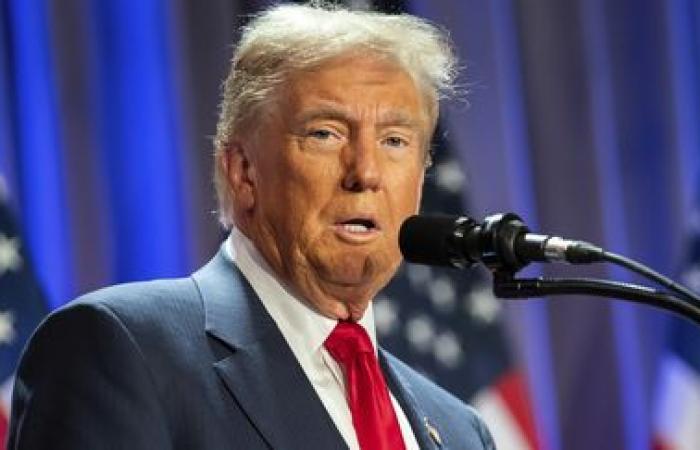The news put into perspective every Saturday, thanks to the historian Fabrice d'Almeida.
Published on 16/11/2024 15:31
Reading time: 4min
The appointments to federal government positions by President Trump have given rise to numerous criticisms and comments: Robert Kennedy Jr to Health, when he was skeptical about vaccination for Covid; Matt Gaetz to justice, as he criticizes rules and norms; or Pete Hegseth at Defense, even though this militant Trumpist has never held an important position in the armed forces. These very partisan appointments are, however, nothing new. They recall the very ancient practice of the remains system. The idea was to reserve positions in the administration for members of the party winning the elections. Certainly, George Washington, the first president of the United States, claimed to appoint the best, the most deserving, in the emerging federal state.
But soon, with President Andrew Jackson, one of the founders of the Democratic Party, the spoils system took hold. Jackson considered that his victory gave him the right to change in all positions of the administration. And he named relatives and faithful. He theorized, in short, an administration totally dependent on political affiliation.
The problem is that this system saw very mediocre and disingenuous characters impose themselves in the offices. Embezzlement and corruption have become common. Leaders have therefore denounced this vision, to get back to the merits. In 1880, Ohio Senator George Pendleton tried to pass a very restrictive law and succeeded, not without effort. It opens the way for the election of President Grover Cleveland, which finally makes it possible to regulate hiring and promote merit. It leads to a large list of jobs which must be awarded on merit (around 90% of positions). We had to pass a test to access the administration and a federal office ensured the regularity of hiring.
This system lasted until 1978 when the commission was replaced by a new authority and under Reagan in 1981, the test requirement was removed.
But in fact, high offices remained at the discretion of presidents. Those who increased the size of the federal government often appointed their own men to run the new agencies. This is true of Franklin Roosevelt with the New Deal, of Kennedy and Johnson again with the fight against discrimination. This is also true of presidents such as Nixon or Reagan who want to leave their mark on the State.
But President Trump tried to go further. In 2020, shortly before the election, he pushed through a federal order giving more flexibility in hiring and firing in certain high-level jobs. President Biden returned to this. But this attempt shows that Donald Trump is far from being naive when it comes to managing the federal state. His strategy aims to fight against what he calls with his supporters “the deep state”. There is said to be a faction in the administration doing everything to ruin its policies. He therefore wants to replace a good number of civil servants to impose people who are loyal to him and who share his ideological vision. This is why he faces criticism about the value of those he appointed to the government, because this reflects a worrying political conception of administration.
France
World







